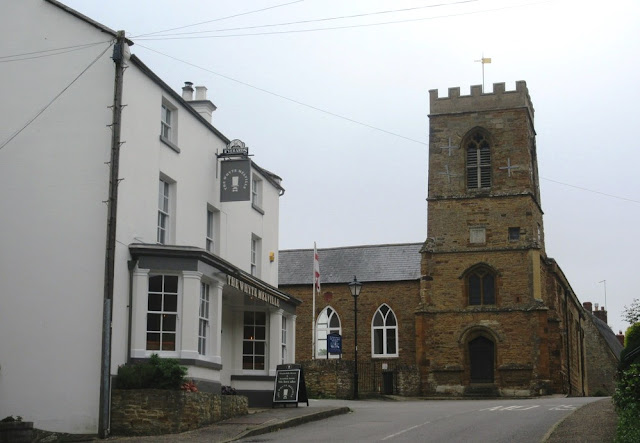I have another First Person column in the Leicester Mercury today.Pub culture destroyed in a generationThe other day a woman in front of me in the supermarket queue was asked to prove her age because she was buying a bottle of wine and looked under 25.
She did so without fuss – maybe she felt flattered? – but the incident made me think about how much our attitude to young people and alcohol has changed.
Back in the old days – in the Seventies – I was able to drink in pubs from the age of 16.
I did not do it often, but when I did it was always as part of a group of friends of the same age. We drank beer and we knew we had to behave ourselves because we weren’t really meant to be there.
But if we did behave then our presence was tolerated by the bar staff and other customers alike. I even remember playing snooker in a working men’s club on the shaky pretext that one of our number’s father was a member.
That would be unthinkable today. Any pub that let unaccompanied 16-year-olds through its doors to drink alcohol would lose its licence.
The result is that those teenagers who are determined to drink do so alone and unsupervised. They don’t drink beer but spirits and white cider.
Figures say that fewer young people drink alcohol today than did in the Seventies. I guess they are all at home in their bedrooms mixing music and being stalked on Facebook.
But those who do drink are surely getting a more harmful introduction to alcohol than my generation did.
Many things have changed since the old days – since the Seventies – and pubs are among them.
I have to admit that, much as we wanted to get into them, pubs were pretty unexciting places when you did. They turned out to be full of old men in flat caps drinking beer.
Everything changed in the Eighties. Suddenly pubs seemed positively designed to attract underage drinkers. They became fun palaces crammed with Space Invaders machines and Malibu.
Before that happened I had gone off to university to do my student drinking in York. In those days Yorkshire pubs really were ruled by fierce landladies who terrified all their customers.
Last time I was in York those landladies had gone and there was a security man on every pub door.
Traditional pub culture, including the tolerance for underage drinking I benefited from, was easy to destroy. Now it has largely gone and it would be next to impossible to re-establish it.
So the lady in her late twenties in front of me in the queue had to prove her age and teenagers are drinking vodka in bus shelters tonight.

































